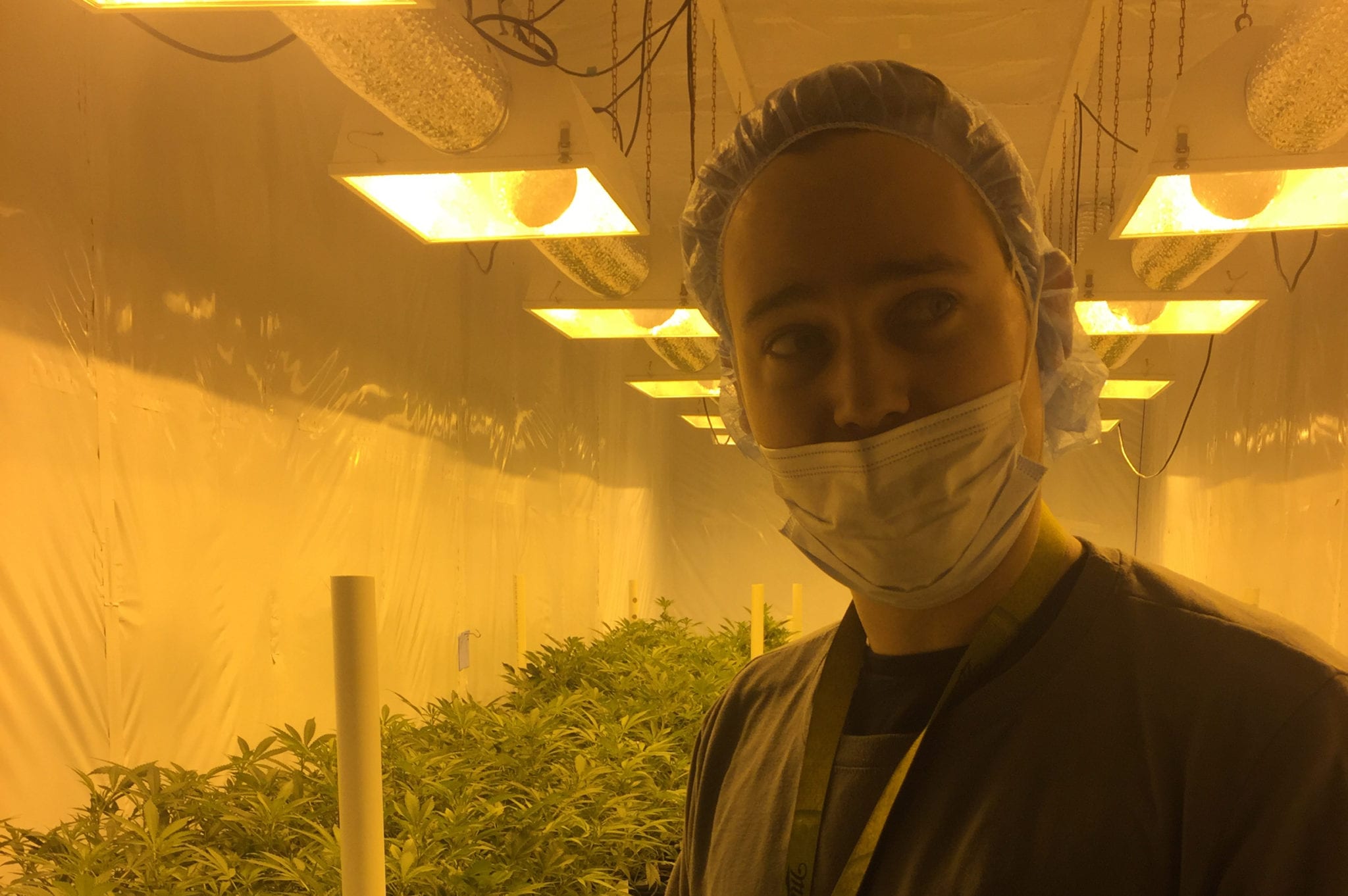Delta 9 Cannabis (TSX-V:NINE) reported its quarterly earnings late Monday night. Revenues of $5.27 million for the quarter were 17 times the total that The Company recorded a year ago of just $302,284. Not only did Delta 9 show significant sales growth from last year, but even from Q3, which didn’t include a full quarter of recreational sales. Revenues were more than quadruple the $1.25 million that was generated in the previous quarter. There was tremendous growth in Delta 9’s top line that’s sure to continue as we see the industry continue to grow.
The bad news, as expected, is that The Company reported a loss of $2.17 million, although that’s a little down from Q3 when losses reached $2.23 million. In each of the four quarters in 2018, Delta 9 reported losses of around $2 million, whereas a year ago The Company was consistently in the black. The big reason is that general and administrative expenses have soared as a result of legalization, reaching $4.3 million this past quarter, which is more than it incurred in all of 2017 ($3.2 million). Share-based compensation also didn’t exist in 2017 and this year was $2.6 million.
However, the results could have been a lot worse if not for unrealized gains in fair value that boosted The Company’s gross margin. In Q4, Delta 9 added an unrealized gain of $2.1 million to its gross profit, and for the year the total was more than $3.7 million. Without those gains, Delta 9 would have easily seen losses for the year totalling more than $12 million, well above the $8.6 million that it actually incurred. The danger for investors is that if those gains aren’t there or become losses, then future quarters could be a lot worse.
A look at cash flow
Cash flow can often uncover issues that the income statement doesn’t make obvious and that’s why it’s always important not to overlook it when evaluating a company’s results. For Delta 9, there were a couple of things that stood out to me from its cash flow statement but there weren’t any glaring issues.
Overall, The Company’s working capital wasn’t all that bad and Delta 9 did a good job not bleeding too much cash from there. However, operating activities still drained $8.8 million in cash, mainly as a result of the net loss and unrealized gains. Delta 9 also spent more than $20 million during the year on investing activities, with $17.5 million being spent on property, plant and equipment and another $3 million in a joint development project with Westleaf Inc (TSX-V:WL).
Going forward
Despite the disappointing bottom line, Delta 9 remains optimistic for the future:
– John Arbuthnot, CEO of Delta 9
With 2018 being called a ‘transformation year’ for The Company, expectations will be high for 2019 as Delta 9 looks to legitimize itself as one of the top pot stocks in Canada. Year to date the stock has climbed 34% and with a market cap of just $141 million, it still has a long way to go from being one of the bigger players in the industry. However, with strong sales in Q4, if it can build on these results we could see it get there sooner rather than later.











